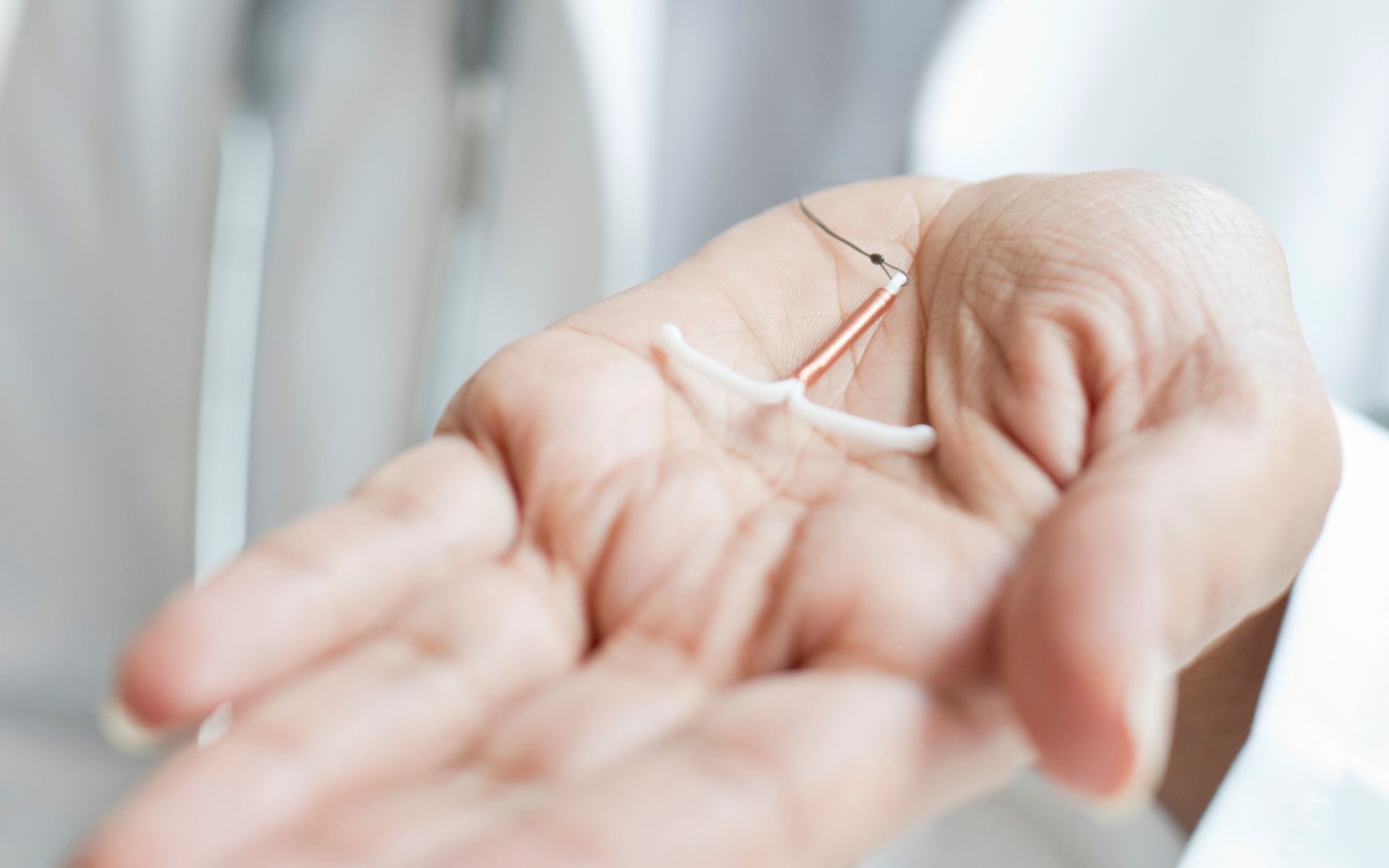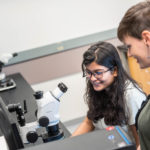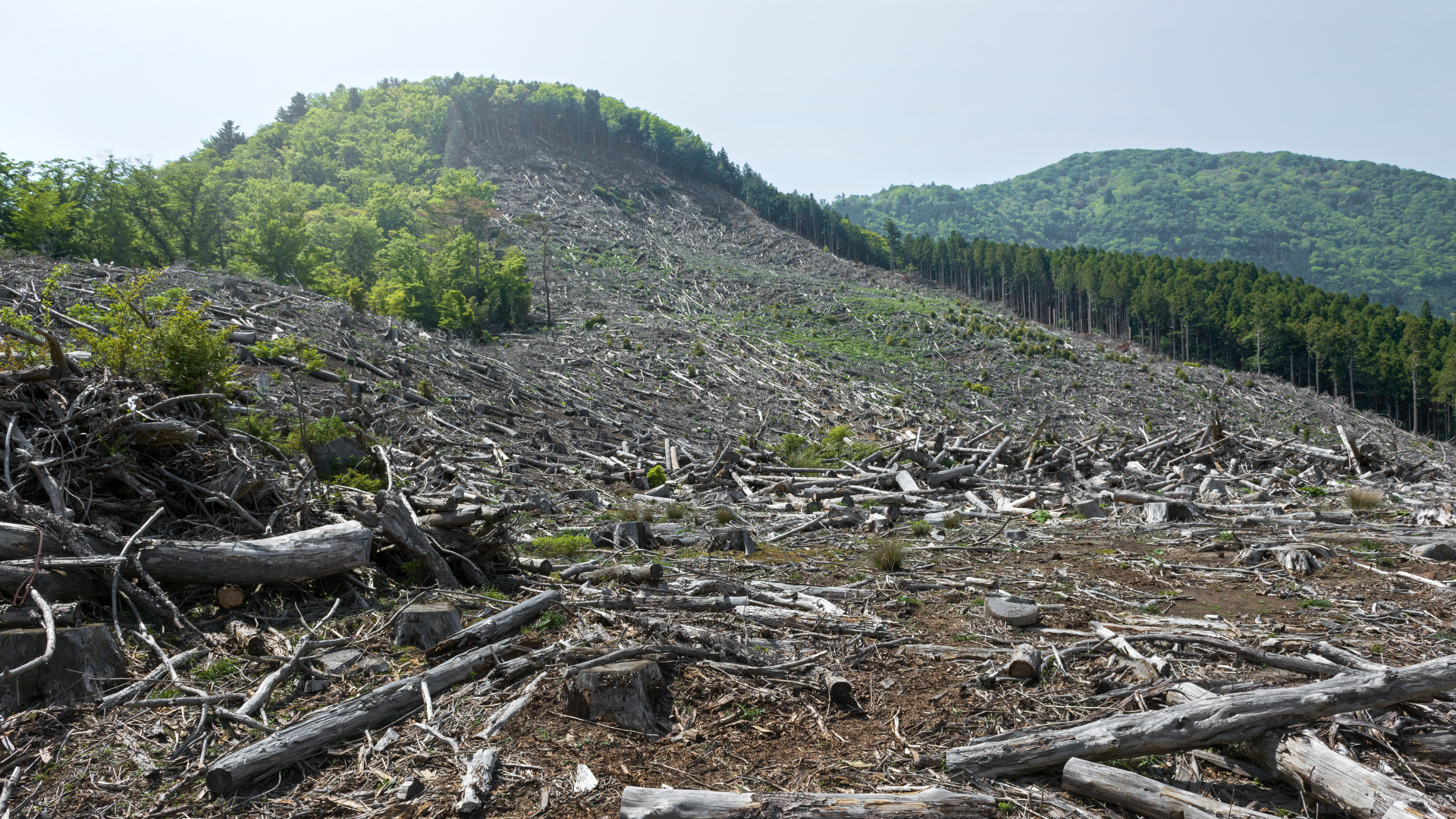-
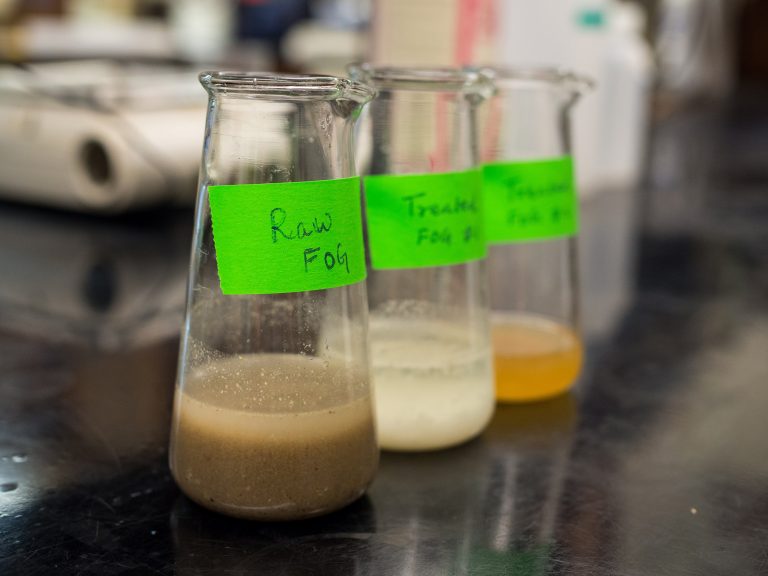
Breaking up ‘fatbergs’: UBC engineers develop technique to break down fats, oil and grease
Cooking oil and similar waste can clog pipes, harm fish and even grow into solid deposits like the “fatbergs” that recently blocked London’s sewage system. But UBC researchers may have found a way to treat these fats, oils and grease—collectively called FOG—and turn them into energy.
-
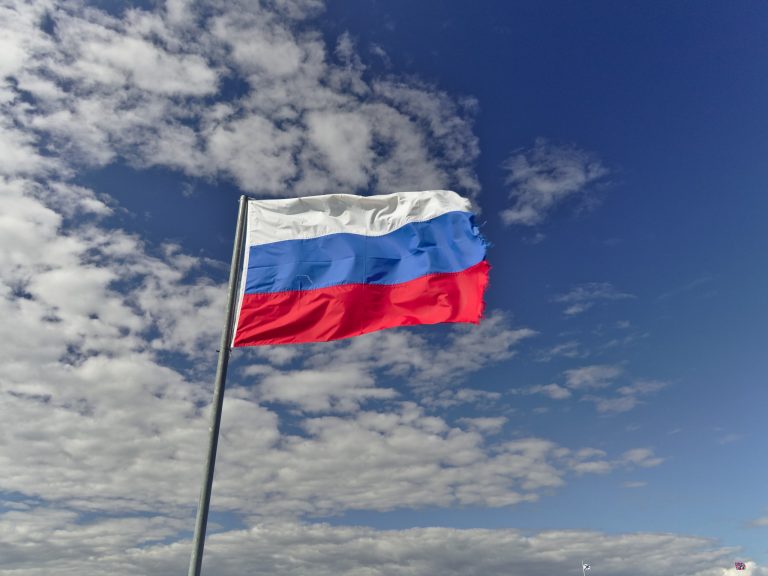
UBC expert explains modern Russia, the cult of Putin and kompromat
As U.S. special counsel Robert Mueller's investigation into Russian interference in the 2016 U.S. presidential campaign intensifies, Lisa Sundstrom, associate professor of political science, discusses President Vladimir Putin’s motivations, Russian sentiment and the history of kompromat (Russian for “compromising material”).
-

Distracted pedestrians walk slower and are less steady on their feet: UBC study
Distracted drivers are responsible for more collisions in Canada than impaired drivers, but with smartphones becoming ubiquitous, distracted walking is also on the rise. Now, University of British Columbia engineers have analyzed just how mobile device use affects pedestrians, and their findings could help develop safer roads and autonomous cars in the future.
-

UBC 2017-2018 Annual Report
You're invited to read UBC's 2017–2018 Annual Report, which communicates our progress made over the past year and celebrates the achievements of faculty, staff, and others who are shaping UBC’s next century.
-
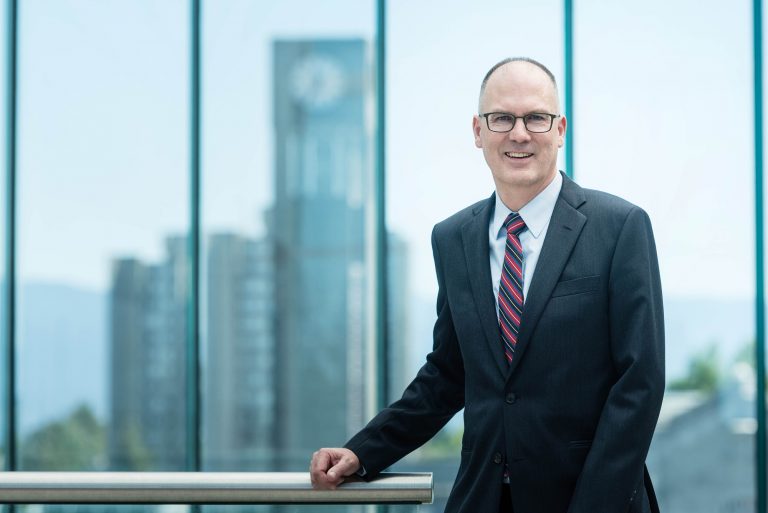
UBC announces new vice-president, finance and operations
The University of British Columbia’s Board of Governors has approved the appointment of Peter Smailes as the new vice-president, finance and operations.
-
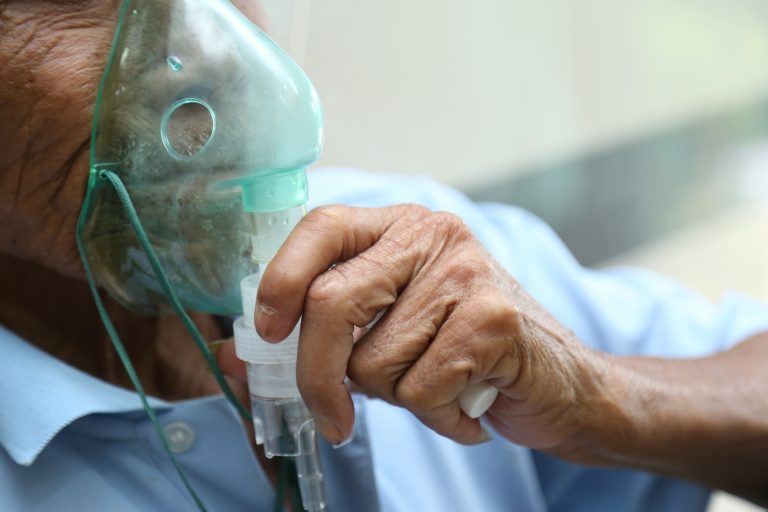
Breakthrough discovery will change treatment for COPD patients
Permanent lung damage caused by chronic obstructive pulmonary disease (COPD) starts much earlier than previously thought, even before patients are showing symptoms.
-
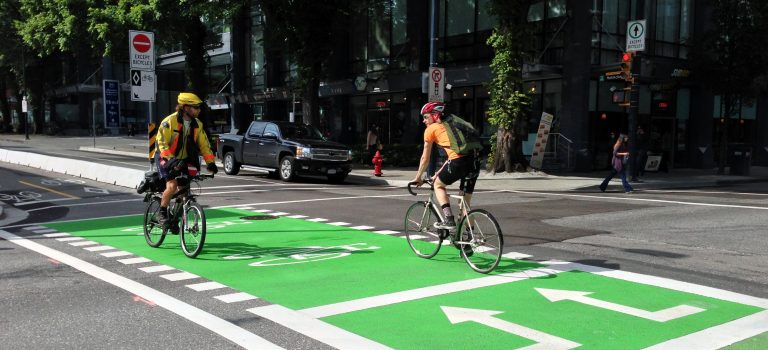
Urban greenways can reduce neighbourhood carbon emissions
A new UBC study has found that greenways significantly reduce carbon emissions, with 300 metres being the optimal distance for maximum environmental benefits.
-
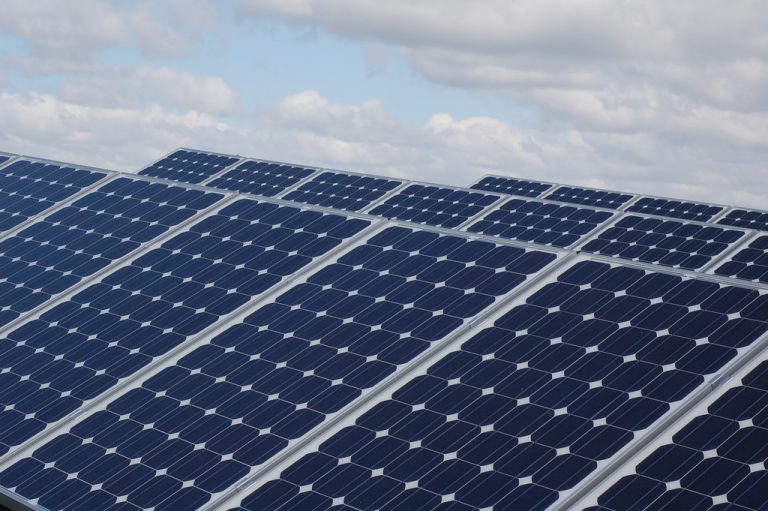
Bacteria-powered solar cell converts light to energy, even under overcast skies
UBC researchers have found a cheap, sustainable way to build a solar cell using bacteria that convert light to energy.
-

UBC appoints Heather McCaw, vice-president, development and alumni engagement
Heather McCaw brings 30 years of experience in fundraising and strategic business partnerships to her new role as UBC’s vice-president, development and alumni engagement. UBC’s Board of Governors approved her appointment for a five-year term beginning in fall 2018.
